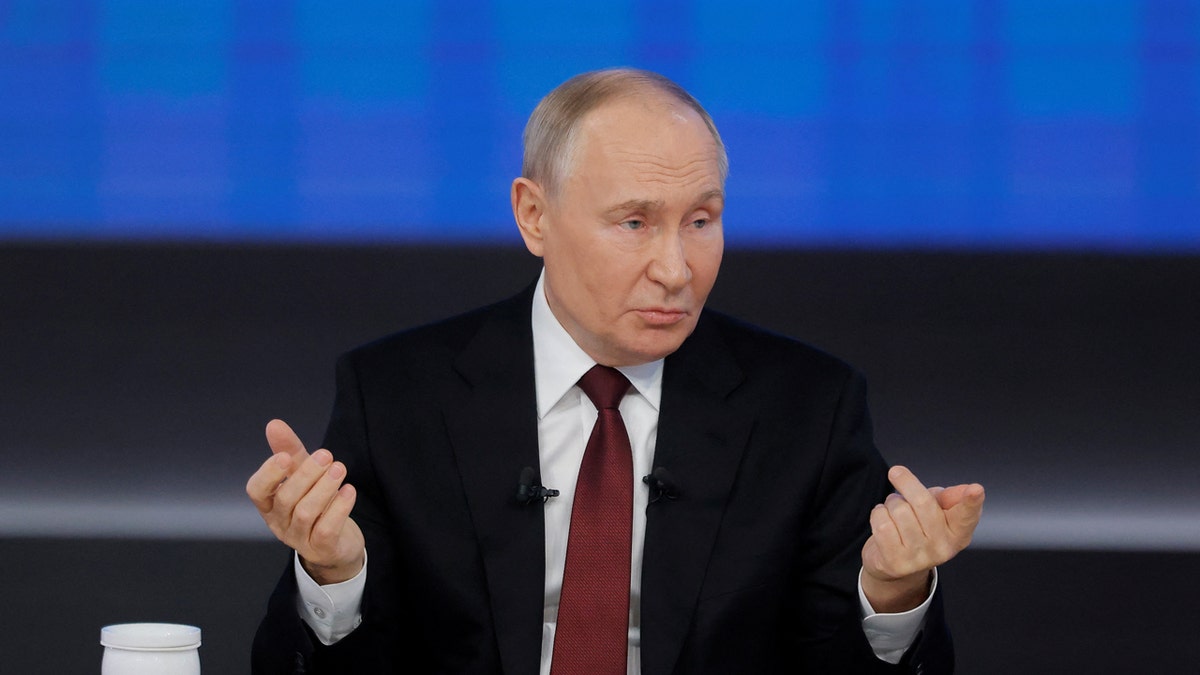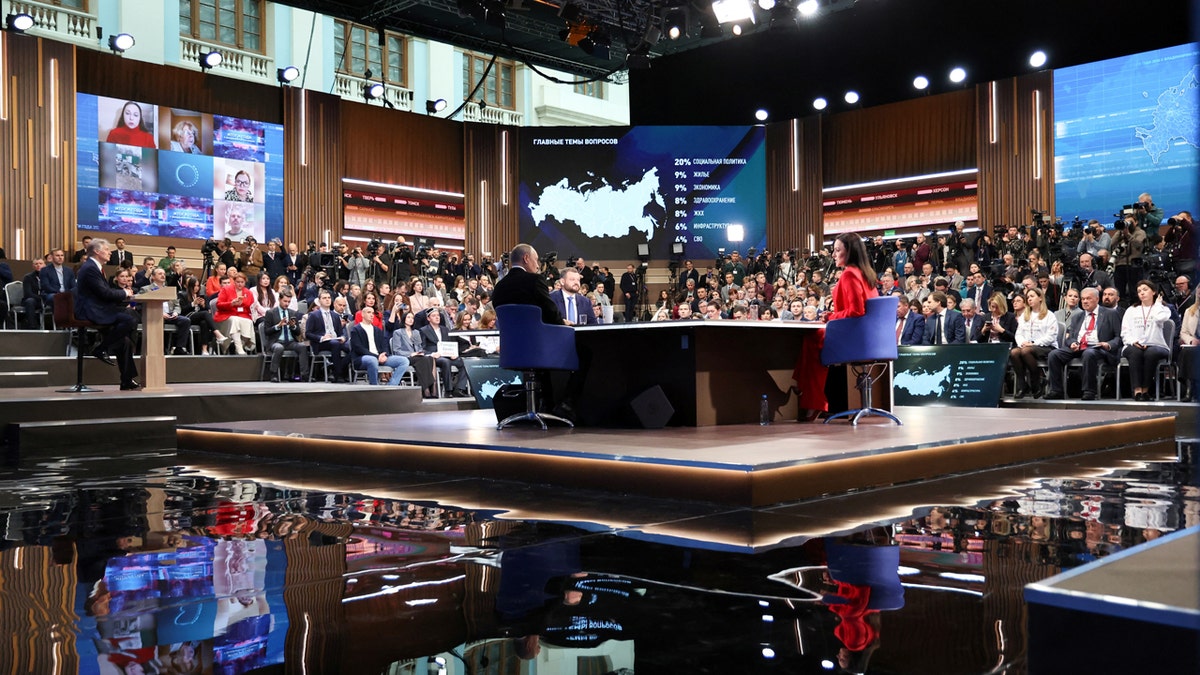In a recent televised Q&A session, Russian President Vladimir Putin signaled his openness to engaging in discussions with U.S. President-elect Donald Trump regarding the ongoing conflict in Ukraine. Putin emphasized his readiness for compromise and stated that he has no preconditions for initiating dialogue with Ukrainian authorities.
Trump, who has positioned himself as a skilled negotiator, has pledged to bring a swift resolution to the conflict, although specific details on his approach remain undisclosed. Putin confirmed his willingness to meet with Trump, noting that they haven't communicated in years.
Addressing questions about potential concessions, Putin rejected the notion of Russia being in a weakened position, asserting that the country's strength has grown since the deployment of troops to Ukraine in 2022. He reiterated Russia's consistent stance on being prepared for negotiations and compromises, particularly as he believes Ukrainian fighting capacity is dwindling. Putin stated a desire for a lasting peace agreement, emphasizing the need for the other side to be equally prepared for dialogue and compromise.

Putin's remarks were made during his annual year-end press conference in Moscow. (Reuters/Maxim Shemetov)
Previous reports indicated Putin's openness to ceasefire discussions with Trump, while maintaining a firm stance against significant territorial concessions and insisting on Ukraine abandoning its NATO aspirations. Putin reiterated his willingness to negotiate with any party, including Ukrainian President Volodymyr Zelenskyy, but stressed that any agreement must involve Ukraine's legitimate authorities, which the Kremlin currently identifies as the Ukrainian parliament. He suggested Zelenskyy would need to be re-elected for Moscow to consider him a legitimate signatory, ensuring the legal validity of any agreement. Putin dismissed the possibility of a temporary truce, emphasizing the need for a durable peace deal based on the initial framework agreed upon in Istanbul earlier in the conflict, although this agreement was never implemented.

Putin's annual televised year-end press conference took place in Moscow. (Sputnik/Alexander Kazakov/Pool via Reuters)
The Russia-Ukraine War's Impact
The 2022 invasion of Ukraine has resulted in a devastating humanitarian crisis and significantly strained relations between Russia and the West. Russia, framing the conflict as a defensive measure against NATO expansion, currently controls a substantial portion of Ukrainian territory. Moscow's forces continue to advance, aiming to integrate four Ukrainian regions into Russia and threatening key strategic locations.
Putin acknowledged the complexity of the conflict, refraining from specific predictions but asserting progress towards initial objectives. He addressed the presence of Ukrainian forces in Russia's Kursk region, assuring their eventual expulsion without providing a timeline. The war has had a profound impact on the Russian economy, with Putin noting signs of overheating and rising inflation, while also highlighting Russia's comparatively stronger growth relative to other economies. Reflecting on the conflict, Putin expressed a wish for earlier intervention and better preparation.
In response to a question about his stewardship of Russia, Putin affirmed his commitment to safeguarding the country's sovereignty and ability to act in its own interests. He also addressed Russia's military presence in Syria, indicating ongoing discussions with Syrian authorities and suggesting continued Russian influence in the Middle East. Putin highlighted the capabilities of the "Oreshnik" hypersonic missile, suggesting a potential demonstration against Western air defense systems. Zelenskyy, responding to Putin's missile remarks, questioned Putin's rationality.
Comments(0)
Top Comments